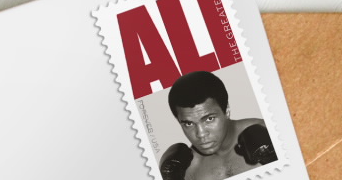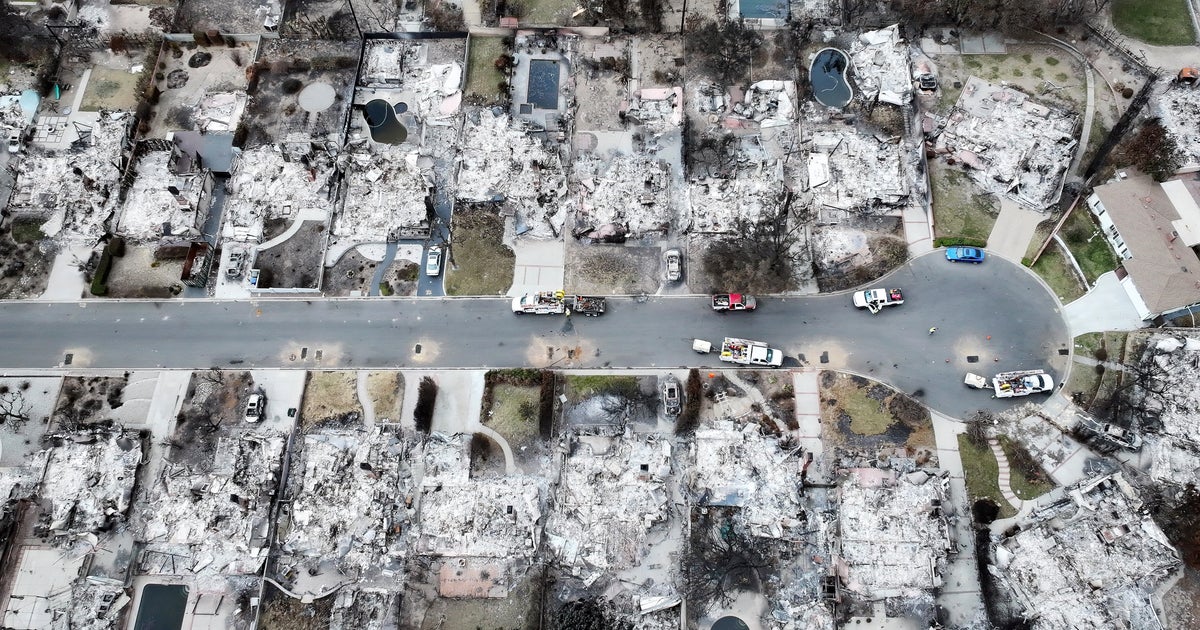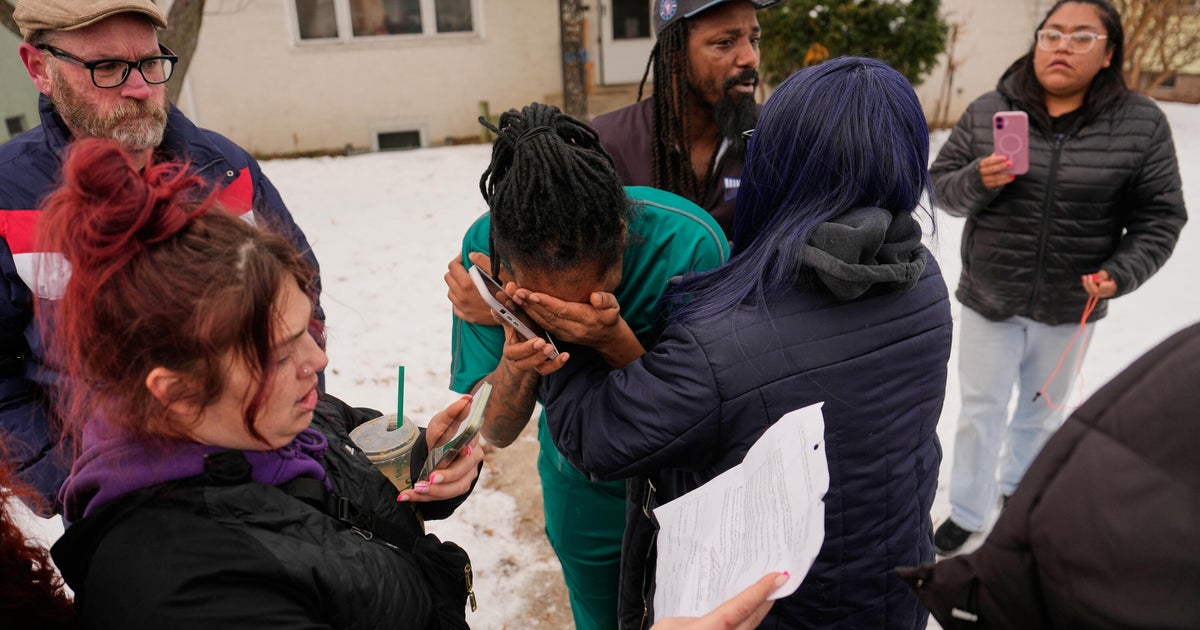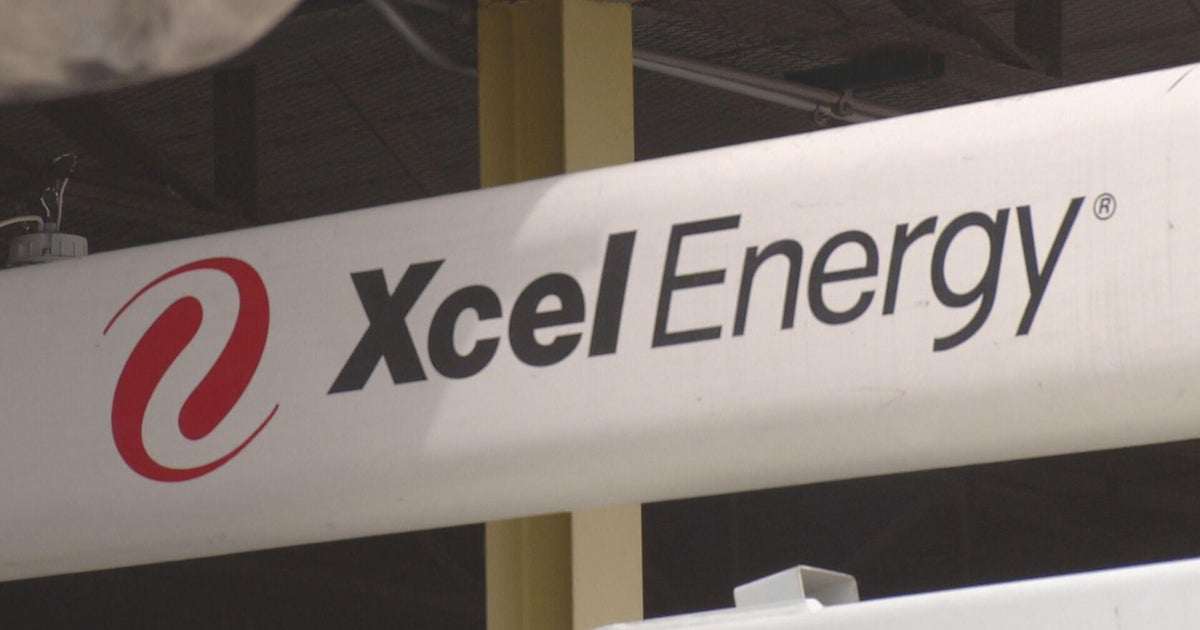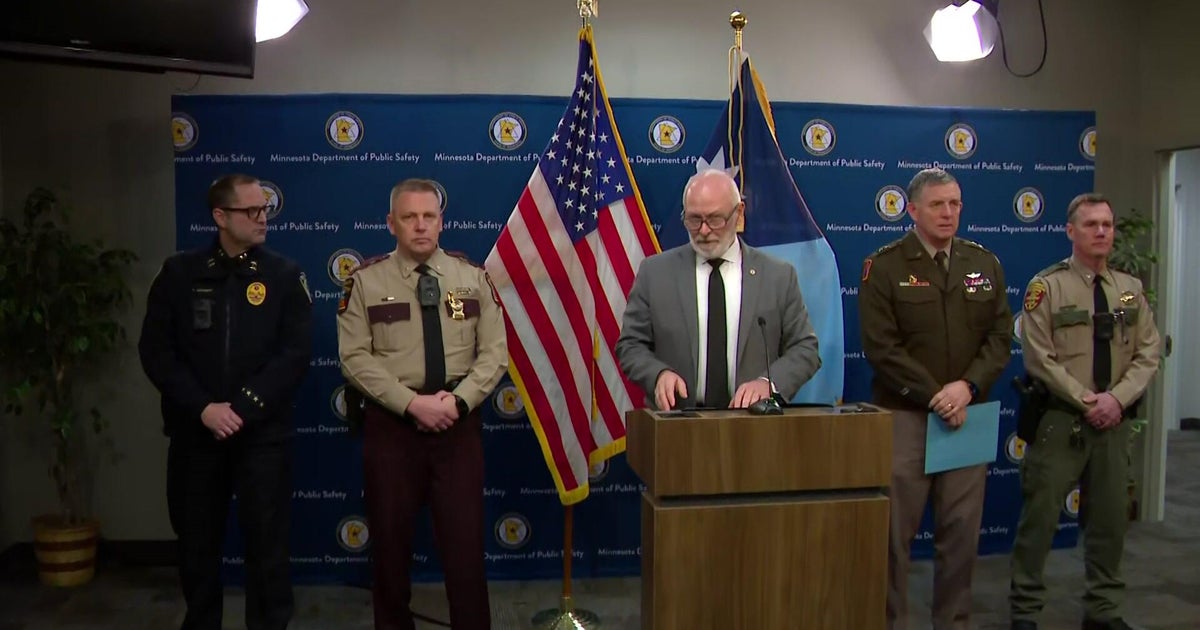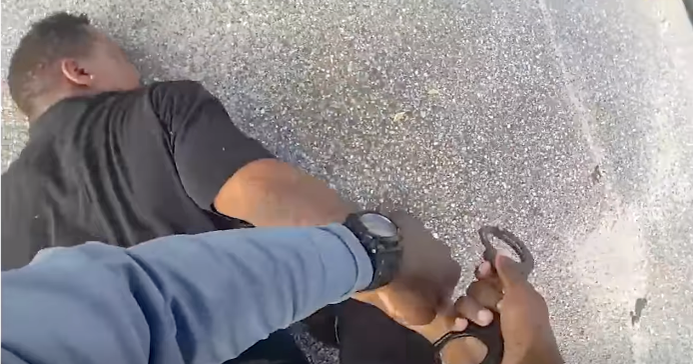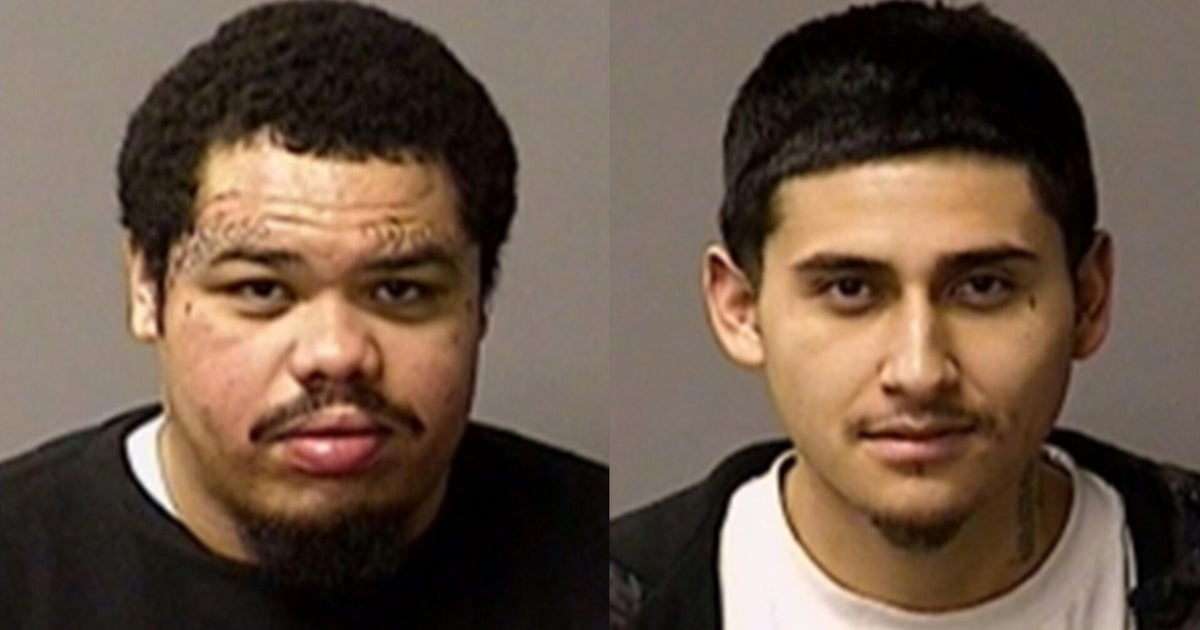Angelenos mark 30th anniversary of LA riots
Angelenos Friday commemorated the 30th anniversary of the Los Angeles riots, which erupted after a jury acquitted four LAPD officers in the beating of Rodney King.
The L.A. riots began on April 29, 1992, and lasted six days. By the time they ended, 63 people had been killed, hundreds more injured, and more than 1,000 buildings destroyed by fires. The National Guard was called in to restore order.
On March 3, 1991, a plumber named George Holliday recorded four white LAPD officers using batons, tasers, feet and fists to beat a Black man later identified as King.
The videotape of officers repeatedly hitting King as he writhed on the ground shocked the world. Then-LAPD Chief Daryl Gates resigned and a commission headed by future U.S. Secretary of State Warren Christopher was formed to oversee a major overhaul of tactics and policies within the LAPD, which was accused of fostering a culture of institutional racism and excessive force.
When the four officers involved in the King beating were acquitted a year later of excessive use of force by a jury in Ventura County, six days of rioting ensued in L.A.
Leaders in the Black and Korean American communities on Friday joined family members of King and Latasha Harlins to urge unity among all Angelenos.
"Right now, the ground truth is we have great relationships with folks in this community," said LAPD Deputy Chief Gerald Woodyard. They want us here and I'll tell the chief that every day of the week. They want us here. They want cops to do the right job, do their job the right way."
The event included King's daughter, Lora, family members of Harlins -- a teen who was fatally shot in 1991 by a Korean-born shopkeeper who owned a South L.A. liquor store -- and several community activists. They include Najee Ali, director of Project Islamic Hope, and Hyepin Im, CEO of Faith and Community Empowerment (FACE). L.A. Mayor Eric Garcetti was also in attendance.
"Police they're not bad guys," said Lora. "They have families like us. And I know I'm going to get some slack on this. My good experiences outweigh my bad. They have families too. So we need to figure this out."
The group gathered at 11 a.m. at the intersection of Florence and Normandie avenues, the epicenter of the unrest.
Throughout April there have been a series of events for the Serve, Advocate, Inspire, Give and Unite (SAIGU) campaign to commemorate the anniversary. SAIGU is the Korean word for April 29, 1992.
"I believe for the last 30 years, there have been many moments of holding hands saying kumbaya," said Im. "But I know that personally, just that is not enough when we have missed the narratives of each other that vilify one another."
L.A. Mayor Eric Garcetti said Thursday that 1992 was "both a trauma and a turning point for our city -- a moment of pain and destruction from which we emerged stronger and more resilient."
The calls for unity come as a Loyola Marymount University survey released Thursday found that roughly 68% of respondents found it very or somewhat likely that riots or other disturbances like those that occurred in 1992 will occur in the next five years -- the highest percentage in the history of the survey, which has been conducted regularly since 1997.
"The anger and the grief that exploded 30 years ago are still very real and present in trauma here today," said Garcetti.
L.A. City Councilman Herb Wesson will give opening remarks for a virtual screening of the 1994 documentary "The Fire This Time," which chronicles L.A. leading up to and during the riots. The screening is organized by the L.A. Public Library and will begin at 12:45 p.m., followed by a panel discussion at 3:15 p.m. People may RSVP here.
At 4 p.m., community leaders will come together in Koreatown for an event to mark the 30th anniversary.
The free, outdoor event at Liberty Park, 3700 Wilshire Blvd., is aimed at bringing together Angelenos, along with Black and Asian musicians, cultural performers and spiritual leaders to assist in healing and reflection.
The event is hosted by Connie Chung Joe, CEO of Asian Americans Advancing Justice-Los Angeles, Eunice Song, executive director of the Korean American Coalition, along with James An of the Korean American Federation of Los Angeles, the Koreatown Youth and Community Center's Steve Kang, the Los Angeles Urban League's Michael Lawson and the First African Methodist Episcopal Church of Los Angeles' Rev. "J" Edgar Boyd.
